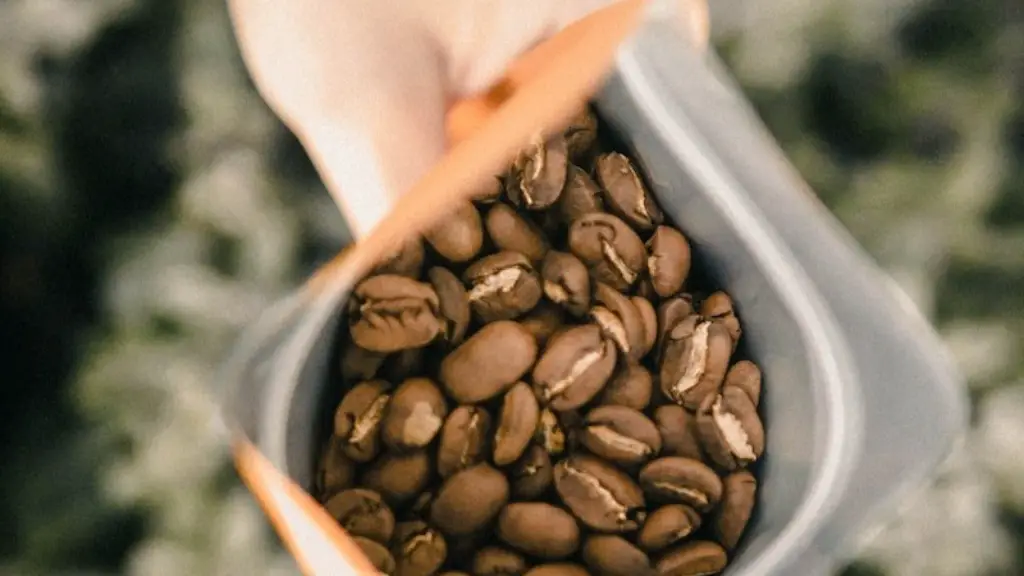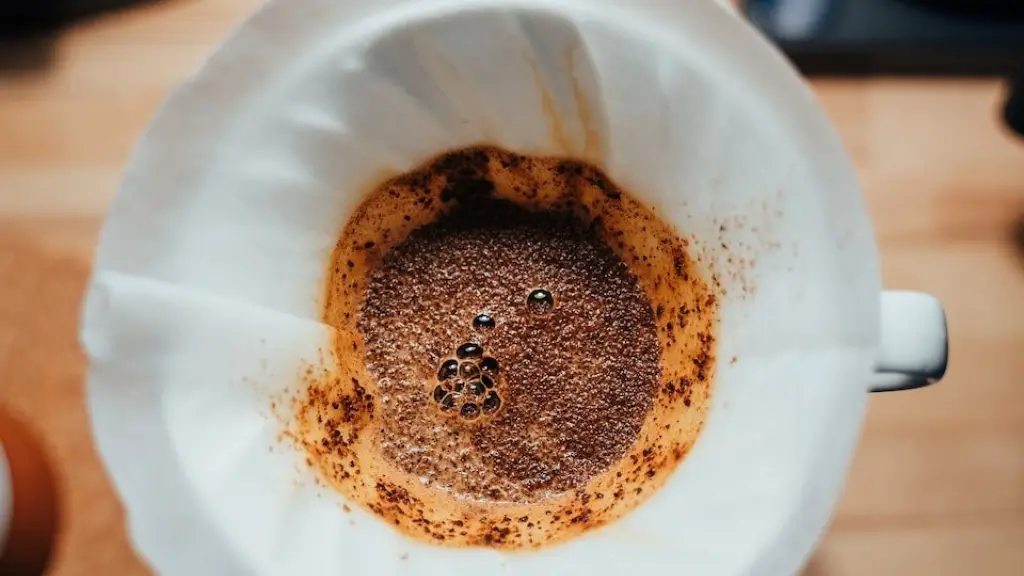Recovering alcoholics struggle with the withdrawal process of gaining sobriety. This can be a difficult journey, as the body responds to the lack of substances. An interesting yet concerning habit many recovering alcoholics have is to substitute alcohol with coffee, which is an addictive stimulant. Coffee consumption can have a number of effects on a recovering addict’s body and overall mental health. This article will analyse why recovering alcoholics drink so much coffee.
background Information
It is important to thoroughly understand the biological effects of both alcohol abuse and coffee consumption. When alcohol enters a person’s bloodstream, it interrupts the ability of nerves to communicate with each other while suppressing normal activity in the central nervous system. It is a depressant, so it may stop an individual from feeling overwhelmed or distressed. On the other hand, coffee is known for inducing anxiety and having similarly addictive properties as alcohol. So when alcohol is taken away from someone’s system, coffee could be a go-to replacement for some of the same effects.
relevant Data
A 2017 survey conducted by the Substance Abuse and Mental Health Services Administration indicates that in America, approximately 18.7 million individuals (aged 12 to older) suffer from Alcohol Use Disorder, whereas rates of coffee consumption remain high for millions of people. An underlying factor for recovering alcoholics is that both substances provide a form of self-medicating for the individual. That is why the issue of recovering alcoholics drinking too much coffee is concerning.
Experts’ Perspective
Majority of experts regarding this topic agree that self-medication is a problem. Since it is difficult to regulate these coping strategies. Harvard Health Publishing cites that “self-medication with drugs and alcohol is dangerous because it ignores our underlying problem, interferes with treatment, and can lead to addiction.” It is also important to note that there isn’t a safe limit or amount of coffee that is scientifically researched or recommended to replace or replace the effects of alcohol.
own Insights and Analysis
Additionally, aside from the occasional coffee for recreational purposes, when an individual decides to use the stimulant as a form of self-medication, the chances of relapse and of using alcohol is higher. Because of the implications of coffee for an addict’s body chemistry and the fact that drinking coffee does not address the underlying issues of an individual, it becomes an unhealthy replacement for alcohol.
detrimental Effects On Body
Caffeine affects the body in many ways, however, when recovering alcoholics consume coffee in high amounts, they run the risk of consuming too much caffeine which can have the potentials to escalate their anxiety levels. The body enters hyper arousal, leading to a surge of adrenaline, and can greatly increase the heart rate. Furthermore, high amounts of caffeine can also lead to physical and psychological dependence, which has a grave risk of relapse back to alcohol.
impact on Mental Health
When addressing the impact of caffeine on recovering alcoholics, it is important to focus on the psychological effects. Studies suggest that the addiction which is found in the self-medication of both alcohol and coffee are linked to underlying issues such as depression, insecurity and anxiety. Consequently, coffees’ use as a stimulant may cause them to become alert in a cycle of increased energy followed by fatigue, thus having a detrimental impact on their mental health.
caffeine Withdrawal And Addictive Nature
It is also important to mention that recovering alcoholics may not realize the fact that caffeine has addictive properties, which is essentially why it is used to self-medicate. Caffeine consumption creates a dependency and can lead to a severe withdrawal period once the consumption of the stimulant stops. Common symptoms the may appear when reducing their consumption include headaches, irritated mood and fatigue, which may cause recovering alcoholics to continue their consumption of the substance.
availability And Legal Status
Finally, coffee is a legal substance, which means that it is more accessible than alcohol. This means, that when individuals become addicted they can easily get their hands on the substance. Coffee, unlike alcohol, is not heavily regulated, as it is seen as an acceptable beverage. As a result of its accessibility, many recovering alcoholics are able to substitute their alcohol cravings with coffee cravings.
Solutions and Alternatives
It is important for those in recovery for addiction to address the underlying issues that lead to using alcohol or coffee as a replacement. Instead of using coffee as a self medication tool, recovering alcoholics should look for healthier alternatives that do not have an addictive nature. A regulated and balanced diet can also help to address any dark cravings and reduction of caffeine itneeded as part of a recovery plan. Talk therapy or counseling can be very helpful in dealing with underlying issues and coping strategies.
Addressing Cravings
Recovering alcoholics need to learnto be resilient with the cravings – if they do not stay in control, they will be unable to breakthe chain of using caffeine as a replacement for alcohol. It is essential to recognize the patternof addiction and create a healthy form of balance. Remind yourself that coffee is not an alternative for alcohol, and be mindful of the side effects of consuming too much caffeine and its addictive nature.
Risky Consumption
When drinking coffee, it is important to understand how much coffee is too much, and how to manage the amount ingested. If consumed in uncontrolled portions, severe health complications may arise such as irritability, anxiety, insomnia and indigestion. For some people, drinking coffee late in the day can also cause anxiety and difficulty sleeping, which in turn increases the risk of relapse to alcohol.
Seeking Help
Overall, recovering alcoholics should reach out to their support group or healthcare professionals to help set up a recovery plan that works for them. Self-medication with coffee is not good for one’s physical and mental health, and could further push a person towards using alcohol. Admitting that help is needed, as well as creating an open line of dialogue with a trusted source, can help an individual break the caffeine cycle and focus on recovery.



